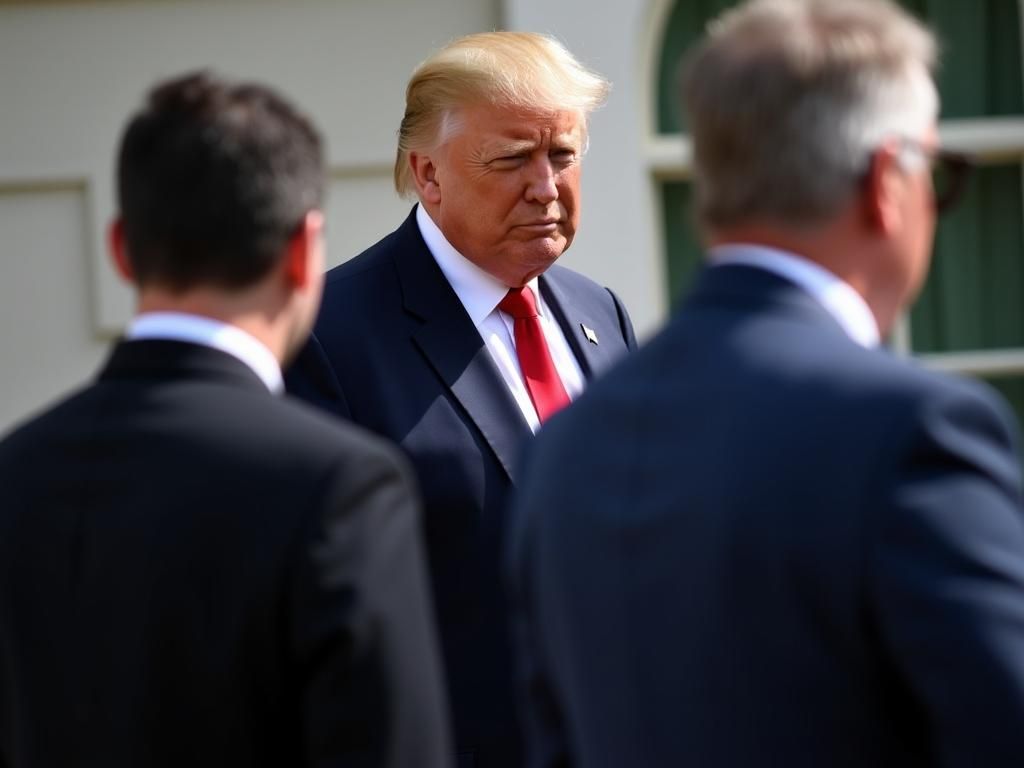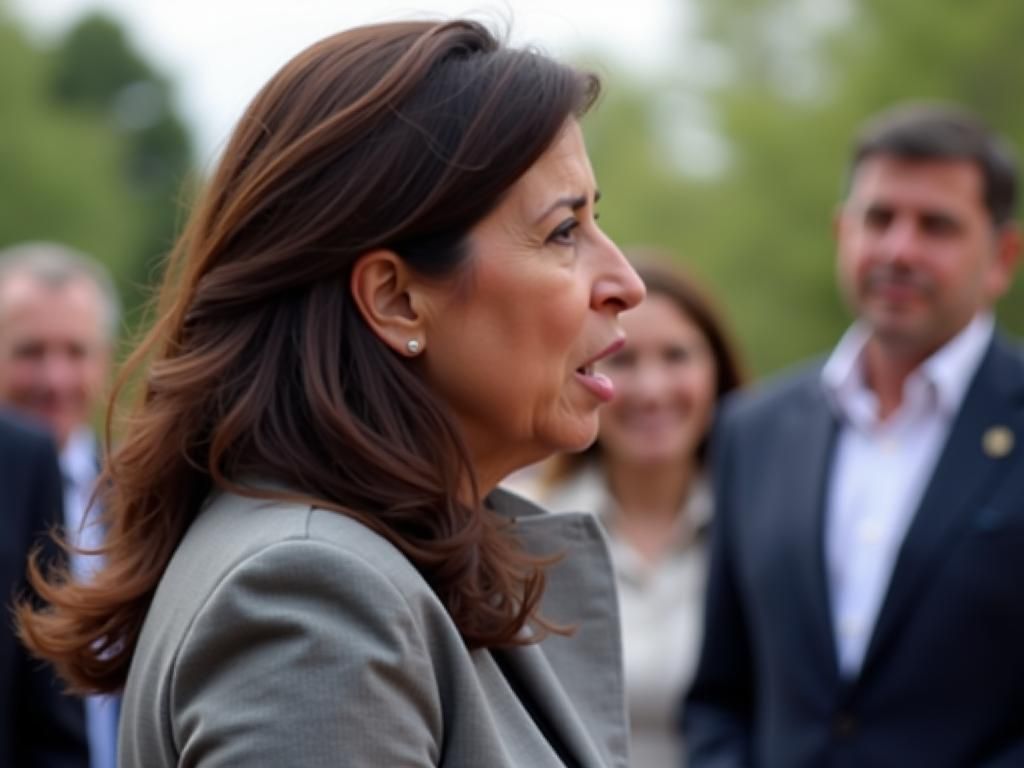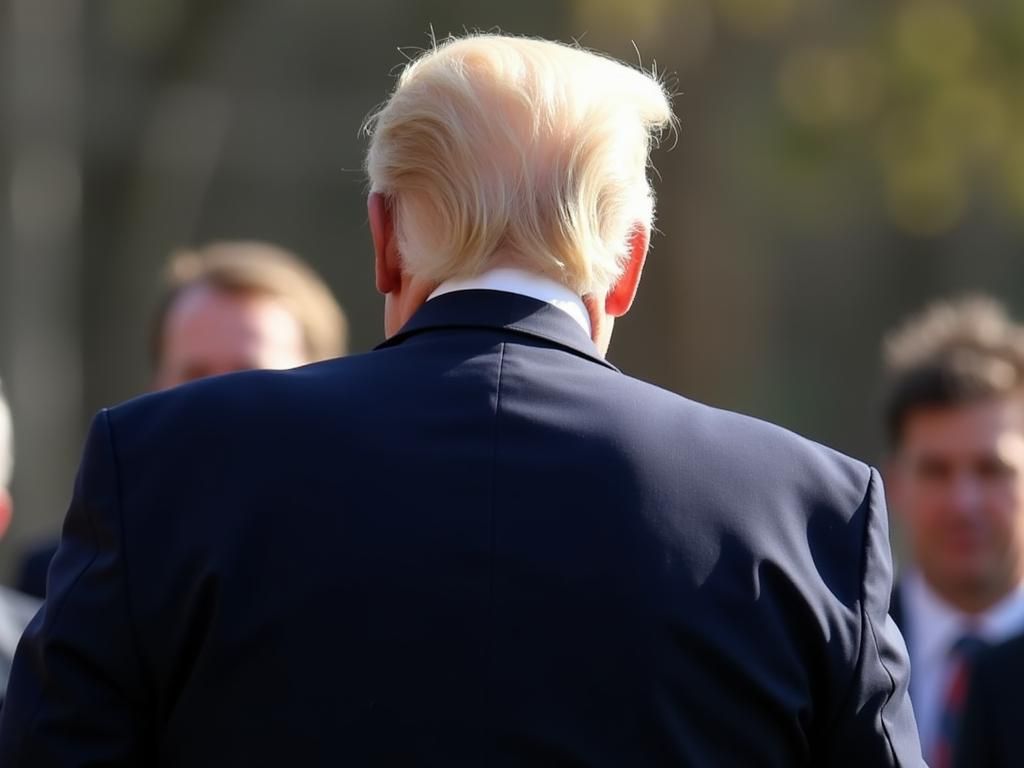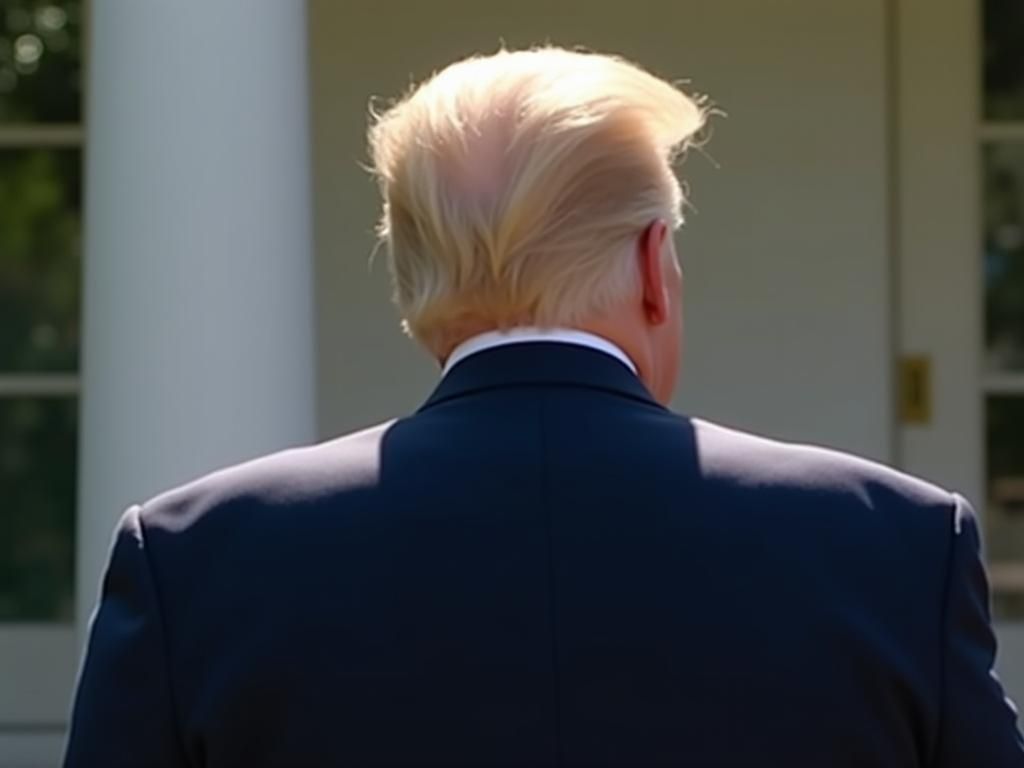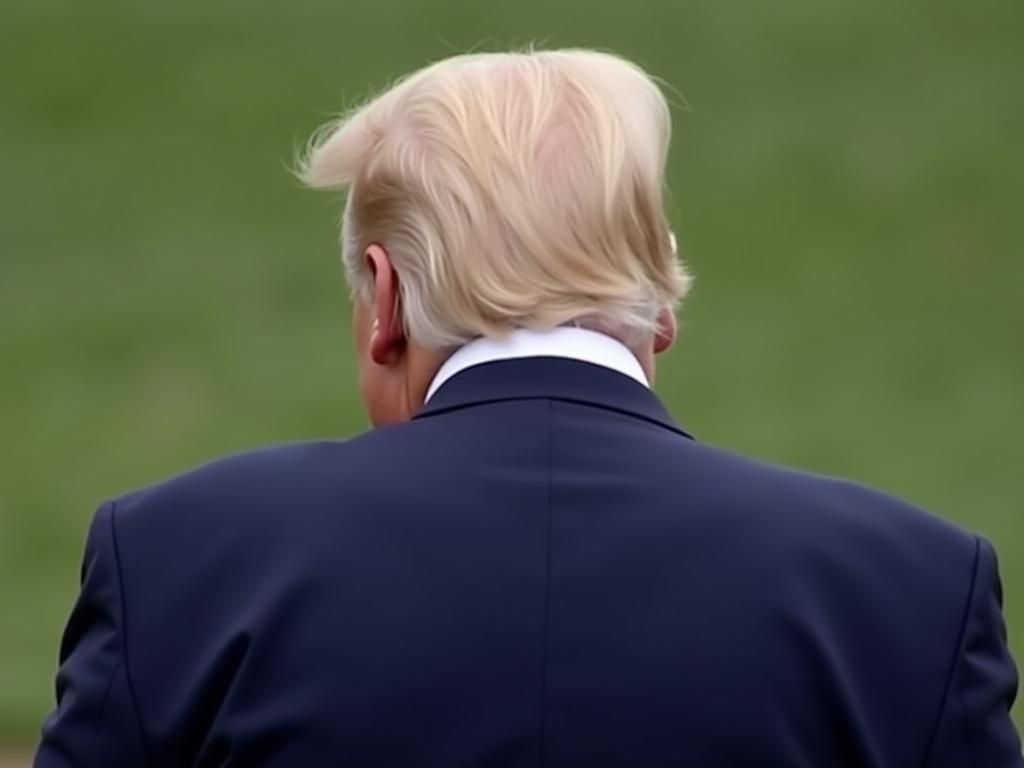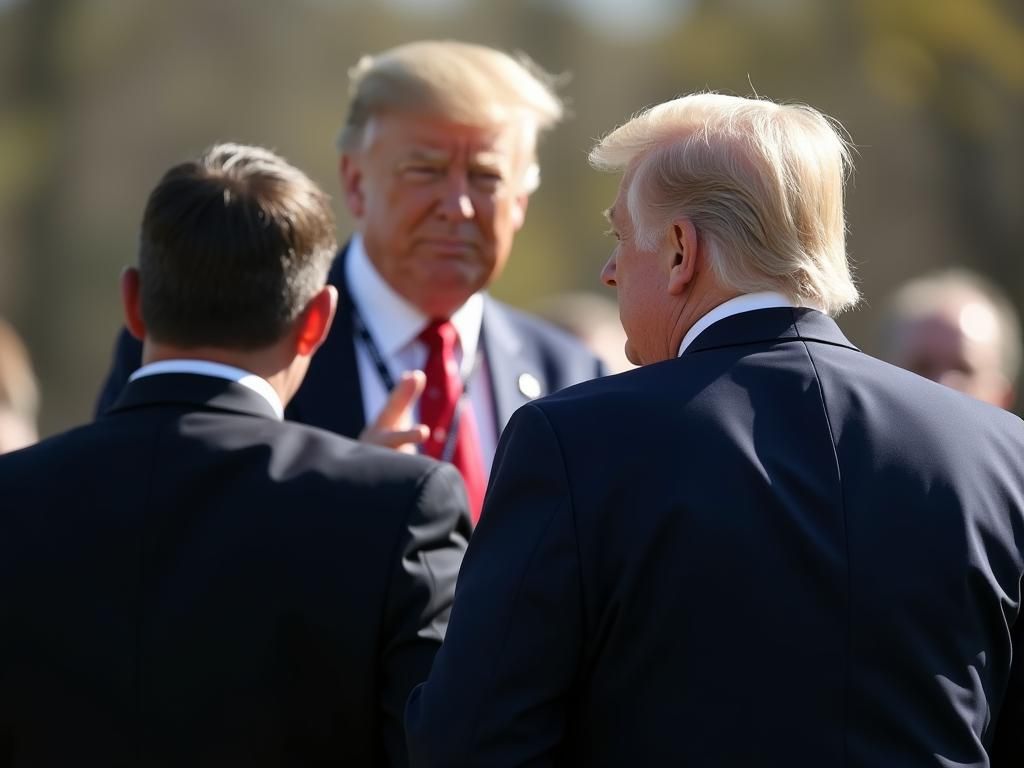During his presidency, Donald Trump’s business holdings generated substantial revenue, a situation unprecedented in modern American history.
Trump maintained ownership of his businesses throughout his term, a departure from the established practice of presidents placing their assets in blind trusts.
His hotels and golf courses, in particular, saw increased patronage from government officials, foreign dignitaries, and lobbyists, raising concerns about potential conflicts of interest.
Critics argued that this patronage constituted a form of self-enrichment and could potentially influence policy decisions.
The Trump Organization, the umbrella company for his businesses, profited from events and stays at Trump properties by various organizations, including government agencies.
The use of Trump properties by foreign governments and officials led to claims of emoluments violations, a constitutional prohibition against accepting gifts or payments from foreign entities.
While several investigations and legal challenges related to Trump’s business dealings occurred during his presidency, public outrage appeared to be less pronounced than some observers anticipated.
Factors contributing to the muted response included strong support from his political base, the framing of the issue by conservative media outlets, and a focus on other political controversies.
Despite the lack of widespread public outcry, ethical concerns and debates over presidential financial transparency continue to be discussed even after his presidency concluded.

